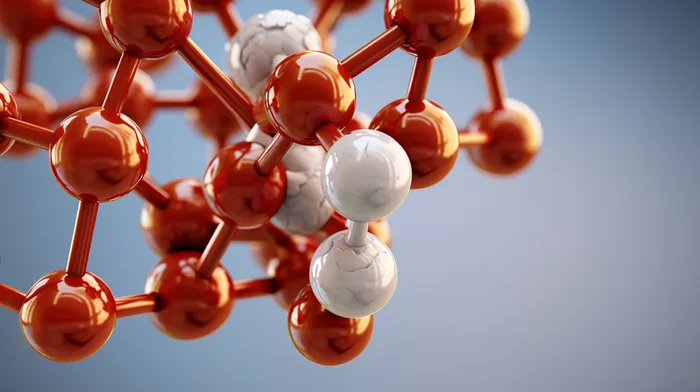Ever wondered why some people seem to be more honest than others? German researchers believe they may have found the answer – a hormone that keeps people from telling lies. It seems likely that this hormone, testosterone, made it impossible for George Washington, the father of our country, to tell a lie.
You might be surprised to learn that testosterone, often associated with aggression and competition, plays a major role in keeping people truthful. So, let’s dive into how testosterone works to promote honesty and how its presence can help you lead a more honest life.
The Framework of the Study
Researchers conducted a study involving 91 men, with 46 of them receiving testosterone treatment and the remaining 45 serving as a control group. The purpose of this study was to determine how the given hormone affected the dishonesty levels of the participants. By analyzing the men’s behavior during a task that involved receiving money according to how many times they rolled specific numbers on the dice, the researchers were able to measure honesty levels.
The catch was that the participants could easily deceive the researchers about their totals and get more money. However, the men in the testosterone group were found to tell the truth about their scores more frequently than their counterparts who did not receive the hormone.
Why Testosterone Influences Honesty
The relationship between testosterone and honesty may seem counterintuitive, given the hormone’s association with aggression and competitive behavior. However, upon closer examination, it becomes clear that testosterone isn’t solely responsible for negative behaviors – it also plays a crucial role in promoting honesty.
One of the ways testosterone promotes honesty is by increasing the importance of status and reputation within social groups. As a result, individuals with higher levels of testosterone are more likely to prioritize honesty to maintain or improve their status within a group. Moreover, being honest is perceived as a sign of strength and confidence, attributes that are positively associated with the hormone. This puts testosterone in a position where it acts as a regulator of honest behavior – the glue that holds a person’s reputation together.
The Bigger Picture: Testosterone and Social Behavior
Theconnection between testosterone and honesty underscores the hormone’s relevance in various aspects of human social behavior. Far from only being responsible for aggressive and competitive behaviors, testosterone is essential in establishing trust within social groups and in personal relationships. Trust, in turn, is the foundation of any functional society.
This groundbreaking study highlights the significance of testosterone not just in the honesty department but in other aspects of social functioning as well. Researchers hope that these findings can help further investigations into the biological causes of dishonesty and, ultimately, contribute to the improvement of overall human behavior.
What This Means for You: Hormonal Balance and Honesty
So, what can you do to make sure you’re on the side of honesty? First and foremost, it’s crucial to ensure that your hormone levels are balanced and in check. A hormone imbalance – whether it’s a lack of testosterone or an imbalance between different hormones – could have a significant impact on your behavior and your ability to cultivate honest relationships.
There are several ways to maintain healthy testosterone levels, such as proper diet, regular exercise, and adequate sleep. You can consult your doctor to help accurately determine and monitor your testosterone levels, and receive guidance on managing them accordingly.
In conclusion, the landmark discovery of testosterone’s role in promoting honesty underlines the importance of maintaining a healthy hormonal balance. By taking care of your physical health and keeping your hormones in check, you can not only improve your overall well-being but also foster honest behavior – a crucial aspect of leading a successful and fulfilling life.
Remember, honesty is the best policy, and now, it seems our hormones agree too.



